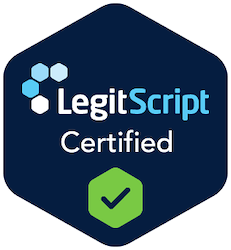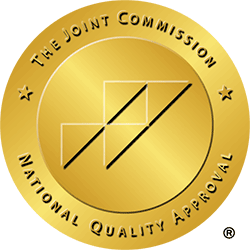
Military service can have lasting effects, on individuals as the trauma endured during combat or other distressing situations can result in mental health challenges like Post Traumatic Stress Disorder (PTSD). These difficulties intersect with substance abuse creating issues that demand thoughtful and comprehensive treatment strategies.
The Connection Between PTSD and Substance Use Disorders (SUD)
According to information from the VA, over 20% of veterans diagnosed with PTSD also struggle with Substance Use Disorders (SUD). Many veterans turn to alcohol or drugs as a way to cope with the symptoms of PTSD, such as memories, emotional detachment or heightened alertness. While this self medication may offer relief it frequently leads to a cycle of dependency and exacerbates the symptoms of PTSD.
Statistics on Co Occurrence:
• Around one in three veterans seeking help for SUD also grapple with PTSD.
• Veterans dealing with PTSD are twice as likely to smoke and encounter rates of binge drinking compared to those without PTSD.
• Among veterans returning from deployments, in Iraq and Afghanistan 10% face challenges related to alcohol or substance misuse.
How Co-Occuring PTSD and SUD Complicate Recovery:
The challenges that arise when veterans experience both PTSD and SUD are significant
1. Sleep Troubles: PTSD can severely disrupt sleep. While substances may offer relief they often worsen sleep quality leading to increased fatigue and cognitive difficulties.
2. Emotional Detachment: Substance use can amplify the numbness and detachment linked to PTSD making it tough to reconnect with loved ones and heal emotionally.
3. Avoidance Patterns: PTSD commonly triggers avoidance of trauma reminders and substance misuse can reinforce this behavior hindering recovery progress and prolonging symptoms.
Effective Treatments for Co-Occuring PTSD and SUD
For results the VA underscores the importance of treating both PTSD and SUD. Integrated treatment methods encompass;
- Cognitive Processing Therapy (CPT) and Prolonged Exposure (PE): These therapies focus on addressing trauma to help veterans process their experiences and alleviate PTSD symptoms.
- Combined Therapy, for Both Conditions: COPE (Concurrent Treatment of PTSD and Substance Use Disorders Using Prolonged Exposure) merges treatments for trauma and addiction concurrently.
- Medication Assisted Treatment (MAT): Medications assist in managing cravings and withdrawal symptoms facilitating veterans engagement, in therapy sessions and recovery endeavors.

Veterans need robust support systems to navigate their recovery journey effectively. Family involvement, peer support, and access to comprehensive mental health resources are crucial. The VA offers a range of services tailored to veterans with co-occurring PTSD and SUD, including specialized therapists and integrated treatment programs.
SPEAK WITH AN ADDICTION SPECIALIST


